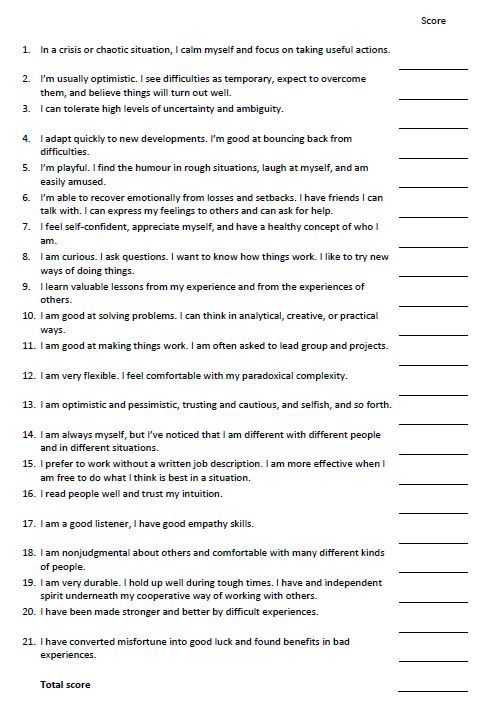I was invited by my lifelong friend, Penny Milner Smyth of Ethicalways to participate in a radio show on which she is a regular. The show is all about business ethics and corruption, which is her area of expertise.
The main idea is that following an instruction to do something unethical or illegal does not let you off the hook - you can be prosecuted in your personal capacity.
So how do you respond when you are instructed to do something unethical or illegal?
1. Notice your physical response - you will most likely have a tightness in your neck or a feeling in the pit of your stomach that tells you that there is danger. This is not a good time to try and have a cogent conversation as these feelings are a strong indicator that your pre-frontal cortex has been disrupted and you won't be able to think clearly.
2. Buy time - or be non-commital. Ask if you can discuss this later or if you can have some time to think about it. If you don't have the presence of mind to do this, no matter. Proceed to step 3.
3. Gather your thoughts. Get some guidance and advice and formulate a response. Prepare yourself for a difficult conversation. Write the most important points down.
4. Pick a good time - make sure it is a time when you can be uninterrupted. Share that you have had difficulty sleeping since the last conversation; that this is a really difficult conversation to have; and ask that you be heard to the end. Share your concern about the instruction and especially your concern for your manager (let's assume it was your boss who gave the instruction - although it could have come from anyone who outranks you) - that this course of action will have an impact on them that they might not have thought of. Make it clear that you value working for them and that you would hate for the working relationship to be disrupted. If this doesn't work, proceed to step 5.
5. Ask them to get this done without involving you - please can you ask someone else to do it; please don't involve me. You need to find ways to increase your resistance. If this fails, proceed to step 6.
6. Ask to have the instruction in writing, respond with your concerns in writing and then do what you must do.
This is a very difficujlt position to be in and it always carries risks. You can insulate yourself from such requests if you show yourself over the long term to be a "principled rebel". In order to establish yourself as a principled rebel, it is important that you do the following:
- Build good relationships across your organisation, especially with people who have influence in the business - such as senior people in HR or Finance. Build relationships with your manager and your team mates and make sure that you have plenty of "relational capital". It is just not good enough to fly under the radar and mind your own business.
- Be a consistent good contributor. Being a top performer gives you license to push back. Top performers always have more "wriggle room" than those who do no more than what is required. Their views also tend to be respected more than those of average performers.
- Be an original thinker. Be known as someone who resists anything "dodgy". Contribute good ideas for doing things better and differently.
Have a listen to the podcast below - it's only 20 minutes. You'll find it useful and interesting.
Call to Action
Remember that values conflicts are great topics to take into coaching, so if you find yourself in this situation, send me an email and we can talk about some coaching for you: [email protected]








 RSS Feed
RSS Feed


